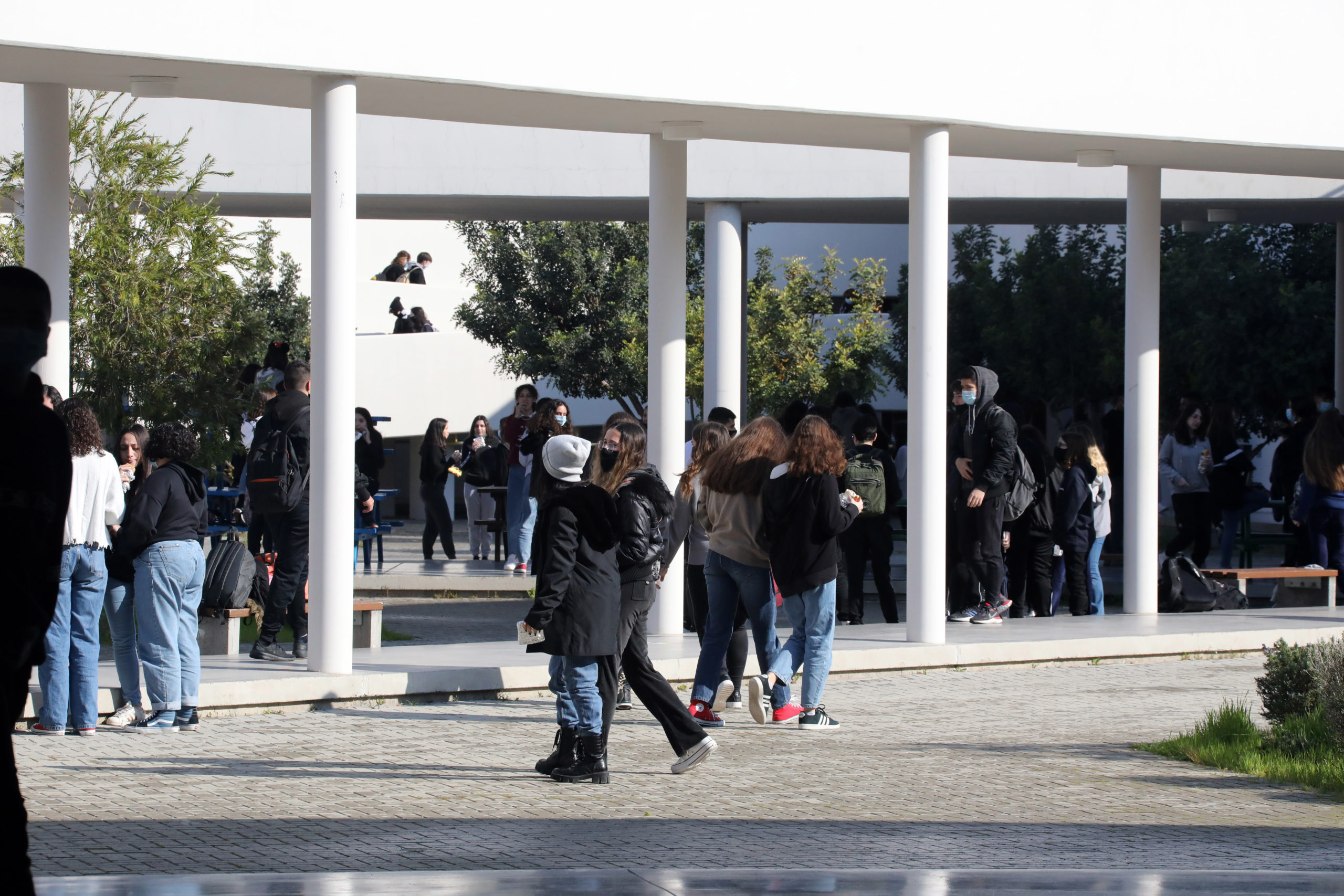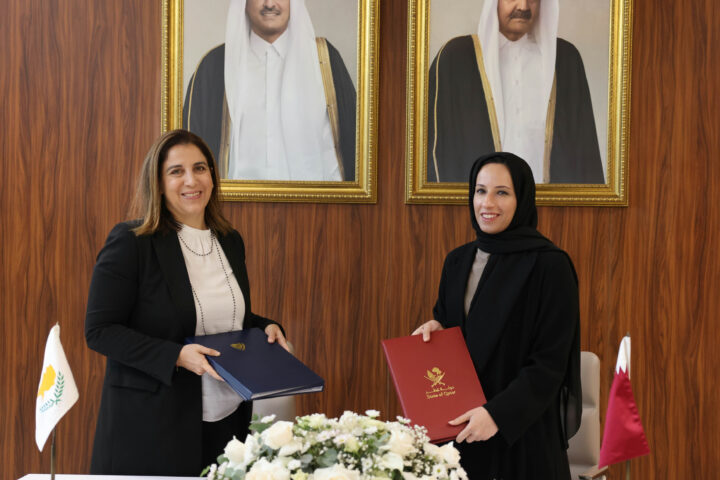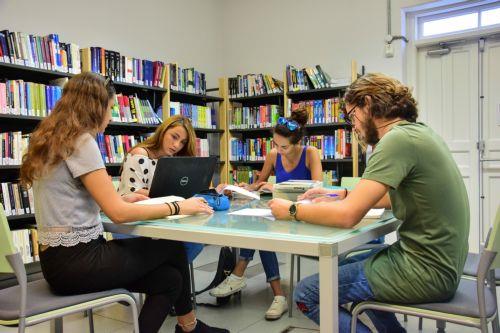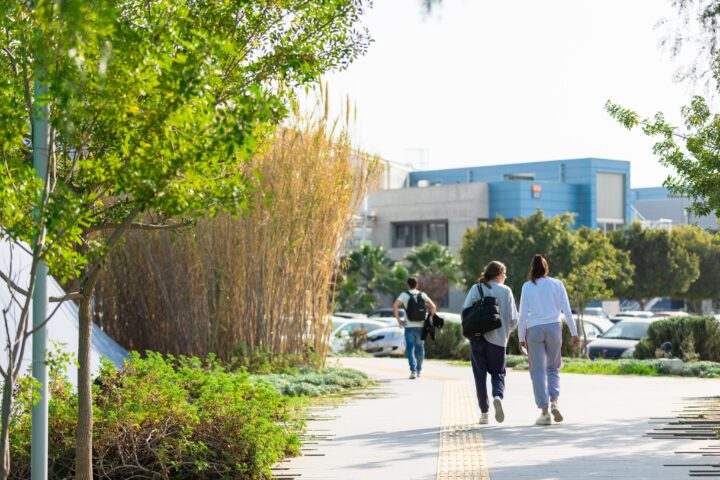By Dr Tassos Anastasiades
Like many other countries, Cyprus is experiencing a ‘perfect storm’ as the education paradigm is forced to change from examinations-based to an online system, trusting student evidence of learning and teacher predictions of grades.
The time could never be better to create learning environments that motivate by providing students with a sense of control over their learning, spark interest and curiosity where learning is aligned with their interests and long-term aspirations.
The focus should be on learning rather than performance, providing students with the ability to monitor their progress – for they own their learning.
Experiential learning, which includes school partnerships with the business sector and other non-education bodies, provides young learners with practical, real-world experience and problem-solving capabilities.
A real assessment of the ability to use knowledge should be the ability to apply it to real-life situations.
Hence, the ideal assessment should be creative, integrative, practical, and collaborative.
Every area of learning should be designed to contribute to a young student’s broad education by developing areas of learning and understanding, skills in applying knowledge, and relevant personal attributes.
There is discontent among the Cypriot youth as they are falling behind in training for the 21st century.
Perhaps the Directorate of Secondary Education should evaluate public and private schools, tutorial institutes, colleges, universities, counselling and career guidance services, teaching staff, based on the evidence of student results, and provide accountability for the heads of schools.
The Ministry of Education, Culture, Sport and Youth should use school inspectors to introduce quality assurance in learning skills, just like in Dubai.
Maybe empower school heads and teachers to do what they are good at.
A substantial budget is needed to employ the best teachers and train the staff.
Fake news
Today’s youth are living in a period of rapid, ongoing change and growing social fragmentation. Through the media, especially social media, they are exposed to the gory details of global terrorism and violence.
They are witnessing growing public cynicism about traditional institutions, including religious and political groups and their leaders, the erosion of traditional values, increased doubting of ‘truth’, and the emergence of ‘fake news’.
Many are concerned about a sustainable environment, social inequalities, and the future. They are exposed to the realities of substance abuse, easy access to age-inappropriate online content, and cyber-bullying.
Parental anxiety and the addictive nature of technology have led many to become more isolated, anxious, and less social.
These rapid societal changes create the need to reform the Cyprus educational system in terms of improved conditions for school life, modern ways of learning, new school subjects, upgraded infrastructure and a revised curriculum.
The Department of Primary Education says various problems arise regarding the smooth operation of state schools due to regulations introduced by the Ministry.
They suggest that overlapping deficiencies or ambiguities need clarity.
They want reforms and updating of regulations based on the current reality, bringing about improvements in the everyday lives of schools and their results.
In essence, what they seek are pedagogical measures for the development of social behaviour, confrontation of domestic violence or sexual abuse of children, dealing with unjustified absences, and other issues.
The Department of Secondary Education has expressed similar concerns, including teacher training, recruitment, pedagogy, technology, and professional development.
A greater decision-making process at the local level with teachers and schools can decide on adapting the curriculum improves relevance, motivation, and student performance.
For example, in China, the central government provides an overall vision and framework within which local governments and schools develop more detailed implementation plans, including locally developed courses tailored to young pupils’ needs.
They are driving ahead in innovation.
It should not take long to evolve from the teacher-centric content-driven curriculum to a student-centred personalised approach ensuring every young person makes progress through self, peer, and teacher assessment.
Within a clear framework of expectations, it is time that teachers are allowed flexibility to decide what to teach, when and how to teach it, and how much time to spend teaching it.
Self-assessment encourages a sense of autonomy and control over their learning and provide opportunities for metacognitive behaviours such as goal-setting and monitoring learning progress, including the ability to reflect on long-term improvements.
Let’s trust our students.
Learning is successful when goals are clear and achievable on relatively short timelines.
When these goals are at an appropriate level of challenge, and students get regular feedback on what they need to do next, they have positive self-belief of an ability to learn, encouraged by evidence of the long-term progress they are making.
Initial teacher education programmes overseen by the Cyprus Pedagogical Institute could be delegated to the professionals who are trained to inspire learners, who can provide targeted teaching that challenges and ignites passion.
Perhaps the perfect storm is the time to allow the professionals to lead the learning and the new generation.
Dr Tassos Anastasiades is an innovative educational leader with school leadership positions in UK, Bahrain, Saudi Arabia, China, Nigeria, Zambia, Malaysia, Ghana, and Cyprus










